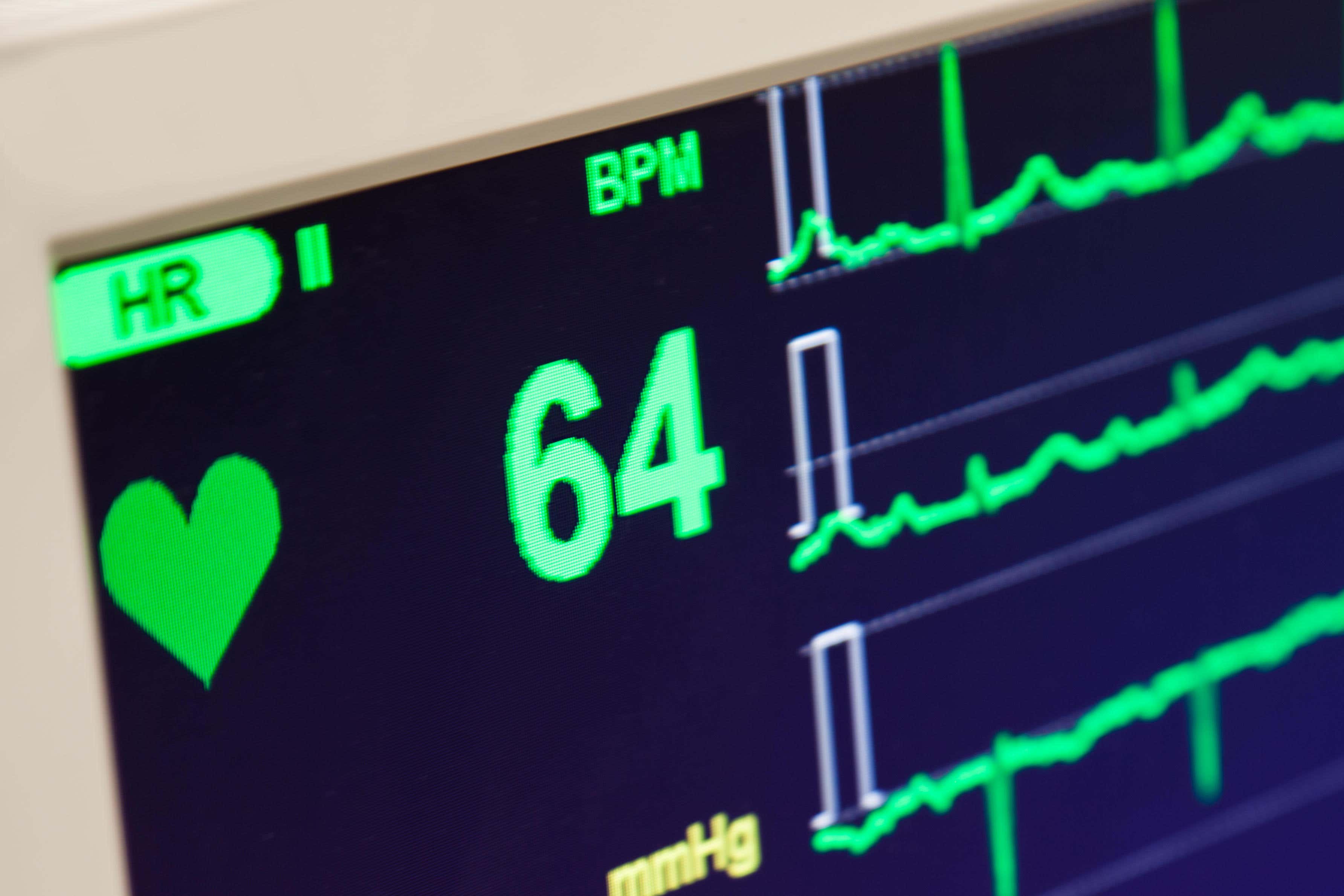New drug offers hope to patients with life-threatening heart condition – study
A study shows that patients with transthryretin amyloid cardiomyopathy benefited significantly when they took the drug Acoramidis.

Your support helps us to tell the story
From reproductive rights to climate change to Big Tech, The Independent is on the ground when the story is developing. Whether it's investigating the financials of Elon Musk's pro-Trump PAC or producing our latest documentary, 'The A Word', which shines a light on the American women fighting for reproductive rights, we know how important it is to parse out the facts from the messaging.
At such a critical moment in US history, we need reporters on the ground. Your donation allows us to keep sending journalists to speak to both sides of the story.
The Independent is trusted by Americans across the entire political spectrum. And unlike many other quality news outlets, we choose not to lock Americans out of our reporting and analysis with paywalls. We believe quality journalism should be available to everyone, paid for by those who can afford it.
Your support makes all the difference.People diagnosed with a life-threatening heart condition have been given fresh hope thanks to a ground-breaking new drug, researchers say.
A study shows that patients with transthryretin amyloid cardiomyopathy, (ATTR-CM), now the most commonly diagnosed form of amyloidosis (protein build up in the body), benefited significantly when they took the drug Acoramidis.
Left untreated, clumps of protein build up on the heart preventing it from working properly, ultimately leading to heart failure and death within three to six years.
Experts suggest the true prevalence of ATTR-CM is not known as it remains underdiagnosed.
The results from the study are exciting for patients and researchers as we now have a further effective treatment option for ATTR-CM
But they believe that as many as 20,000 people in the UK may have it, although their current live record is only about 10% of that.
The trial of more than 600 patients found that those taking the drug, developed by researchers from the Royal Free Hospital and UCL, were less likely to be admitted to hospital from a heart-related issue, could walk further and were less likely to die compared with those taking the dummy drug.
UCL’s Professor Julian Gillmore, research lead at the NAC and primary investigator of the global trial, said: “The results from the study are exciting for patients and researchers as we now have a further effective treatment option for ATTR-CM.
“In every measure patients receiving Acoramidis did significantly better than those on the placebo, from a reduction in mortality and cardiovascular hospitalisations to improved physical functioning as measured by a walking test.
“We are hoping that this drug will become widely available to patients with ATTR-CM by the end of 2024.”
Professor Gillmore added: “ATTR-CM used to be thought of as a rare cause of heart failure but the number of people being diagnosed as well as those being diagnosed early in the disease course has dramatically increased, largely due to improvements in imaging which themselves were developed at the National Amyloidosis Centre.
I count myself lucky; firstly, that I was diagnosed and referred so quickly to the National Amyloidosis Centre and then that I was deemed a suitable candidate to be put straight on the trial
“These are beautiful data because all of the treatments for amyloidosis have been shown to work better if patients are treated earlier in the course of the disease and we will finally have an effective treatment to offer UK patients with ATTR-CM.
“In the vast majority of patients receiving Acoramidis within the trial we saw disease improvement or stability as a result of treatment with the drug.”
Stephen Neil, 71, who was diagnosed with ATTR-CM in 2019, was one of more than 600 people who took part in the global study.
The former Royal Navy diver, said: “I count myself lucky; firstly, that I was diagnosed and referred so quickly to the National Amyloidosis Centre and then that I was deemed a suitable candidate to be put straight on the trial.”
Stephen does not know whether he was given the drug or a placebo during his time on the 30-month trial.
But once the trial had finished everyone who took part was offered the opportunity to take the drug.
Mr Neil, who lives in Portsmouth with his wife Pauline was diagnosed with ATTR-CM after he was referred to hospital for an MRI scan for an irregular rhythm.
The drug works by stabilising the transthyretin protein to stop it falling apart, thereby preventing amyloid formation.
Patients enrolled in the trial simply had to take two tablets in the morning and two in the evening.
The findings are published in the New England Journal of Medicine.